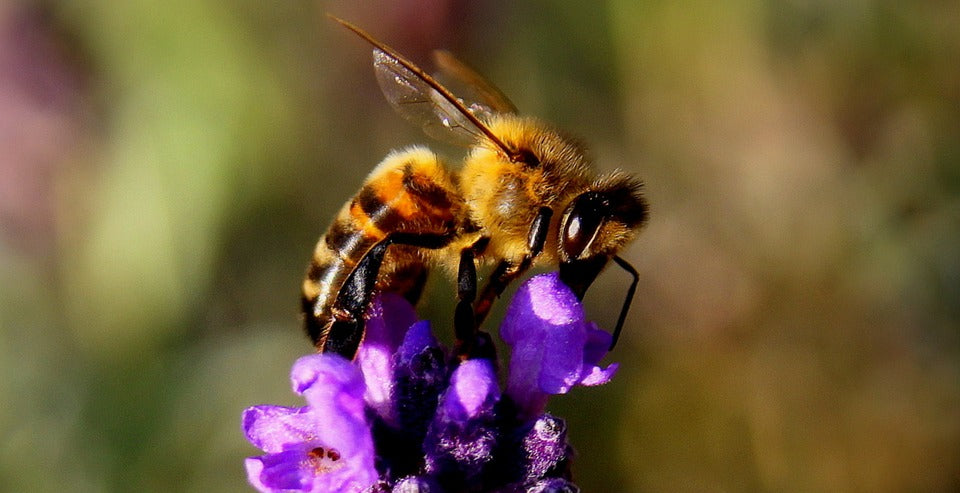Offer
Provide additional details about the offer you're running.
Provide additional details about the offer you're running.
Provide additional details about the offer you're running.

Just the same as your birds find your birdhouses a welcoming home for the nesting period of their year, oftentimes insects can find these spaces equally inviting to set up their own shop. Naturally, as conservationists, many of us have no interest in harming insects or any other creatures for that matter, but we would in most cases prefer say Bluebirds in our Bluebird houses, rather than a swarm of bees, wasps, hornets, ants or other insects.
While this is not always a problem, it can be devastating to nesting birds whose nesting boxes have been infested with foreign insects. From stinging bees and wasps to biting insects, the risks to birds vary from poisoning to infecting birds and their young with disease, while some insect species with actually feed on birds feathers, damaging their protective plumage.
Removing Insects from an Active Bird House
In the event you find an insect infestation in a nest NOT in use by birds, we always recommend leaving it alone. Insects like bees are essential for the pollination of flowers and the growth of our natural environment, so killing them off doesn’t make a lot of sense.
If however, you find your birds are being overrun by a swarm of nesting bees, you will want to take caution to do your best not to harm either species. Beekeepers and the like offer extraction services for reasonable fees in which they will come in and extract all or just the queen. Once this is completed, the nest is typically deserted and your birds can get back to raising their young.
Prevention
This is probably the most effective step in protecting your birds and birdhouses from insect infestation. As we mentioned, it is always a good idea to remove birdhouses in the late fall and give them a good cleaning, rendering them ready for the following spring. In addition to these traditional cleaning activities, some folks will treat the houses with an insecticide and allow it to air out over the winter months. These times allows the chemicals to break down and no longer pose a risk to the health of your birds, always make sure you allow ample time between treating your birdhouse with insecticides and allowing birds to enter it.
Most insect nests like bee hives are secured on walls and roofs of the birdhouse and most folks swear by coating these surfaces with an unscented soap. This creates a coated surface and makes it extremely difficult for insects to begin building their nests. Oftentimes, they will move on to a more welcoming location.
High Quality Blend